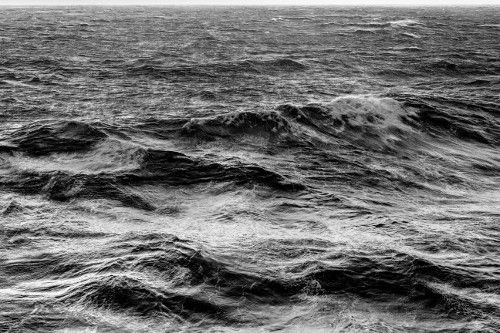what’s the difference between counselling and psychotherapy?
There is essentially no difference between counselling and psychotherapy. The definitions are arbitrary and change depending on who is defining them. I originally distinguished them as being short and long-term but my view of the definitions have changed in the past year.
Traditionally, the term psychotherapist was reserved for psychiatrists (doctors specialised in mental illness) who had further trained in psychoanalysis. In the 1950s in the USA Carl Rogers was developing person centred counselling. He coined that term because he wasn’t allowed too call himself a psychotherapist, despite being a medical doctor specialised in mental illness.
The profession is not regulated in the UK and there are many different types of counselling and psychotherapy training and modalities. This can make it confusing for a person looking for a therapist. I have tried to address that in this blog post.


Some of the things that can be addressed in therapy are: stress, relationship and sexual problems, bereavement and addictions. It can also help with mental health challenges like depression, anxiety, PTSD and Complex PTSD, OCD and borderline personality disorder. Therapy can also help resolve past trauma such as childhood abuse and neglect which may be affecting your relationships and coping mechanisms in the present. Sometimes therapy can be effective quite quickly; initially you may feel unburdened by talking about difficult experiences which you’ve not been able to express out loud before, or by being able to express yourself without judgement. That may be all you need or perhaps some deeper issues or behaviours can be worked through, examined and understood in the context of past experience.
What is psychodynamic counselling?
Based on the works of Sigmund Freud, who most people have heard of, it also draws on more modern development of Freud’s ideas by people less well known, like Melanie Klein, John Bowlby, Mary Ainsworth, Jonathan Shedler, Jude Cassidy, Philip Shaver and Peter Fonagy, amongst others. It is an approach to the psyche that sees personality as the result of a dynamic interplay of conscious, pre-concious and unconscious factors and how these effect our relationship with ourselves and others.
The difficulties we experience in relationship with others usually arise in the therapeutic relationship and part of what I do is to provide a setting that is safe enough for this to be shared, experienced, understood and worked through during the course of therapy.
More detail on what to expect can be found in this blog post.
